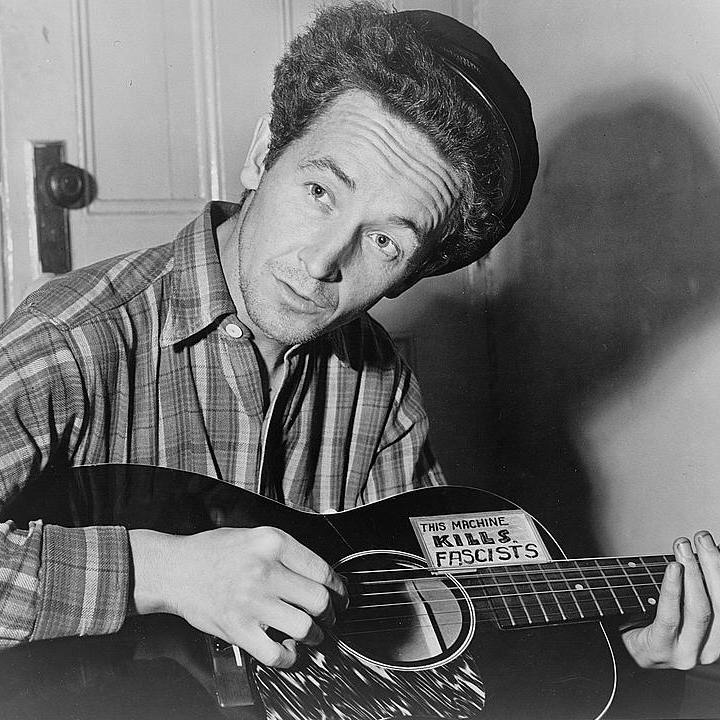THE POLITICAL THEORY WORKSHOP PRESENTS
Beyond the Prison: The Politics of Abolition
Anna Terwiel, Political Science, Trinity College
with commentary by Benjamin Stumpf, Political Science, UConn
February 25, 2022 April 1, 2022 from 12:15–1:30pm, Oak 408 and by Zoom
Many contemporary abolitionists argue that “carceral feminists” have contributed to mass incarceration by supporting criminal justice approaches to end sexual and gender violence. Instead of the criminal justice system, these “abolition feminists” advocate grassroots transformative justice initiatives that work outside of state institutions and the law. Community justice initiatives often showcase powerful assertions of feminist political agency, as Terweil shows through a close examination of Communities Against Rape and Abuse (CARA). However, she argues that abolition feminists’ anti-statism ultimately limits their ability to realize widespread radical change. She challenges this anti-statism by showing, first, that in other contexts, prominent abolitionists seek to seize state capacities and resources. Such efforts are important, Terweil suggests, not only to address the root causes of harm but also to counter right-wing militias and other forms of neoliberal and conservative anti-statism. She concludes by suggesting that some legal-institutional proposals of earlier European abolitionist scholar-activists, who oppose prisons and criminal law but see a role for the state in facilitating restorative justice processes, could productively inform US abolitionism.
Anna Terwiel is Assistant Professor of Political Science at Trinity College. Her research engages political theory, feminist theory, critical carceral studies, and medical humanities. She is currently completing a book project, The Challenge of Prison Abolition, which aims to clarify abolitionism’s goals and strengthen its outcomes by carefully engaging with its internal tensions and debates. Her articles have been published in Political Theory, New Political Science, Theory & Event, and Social Philosophy Today.
Benjamin Stumpf is a doctoral student in political theory at UConn.
With generous support from the UConn Humanities Institute.
Questions? Email jane.gordon@uconn.edu




